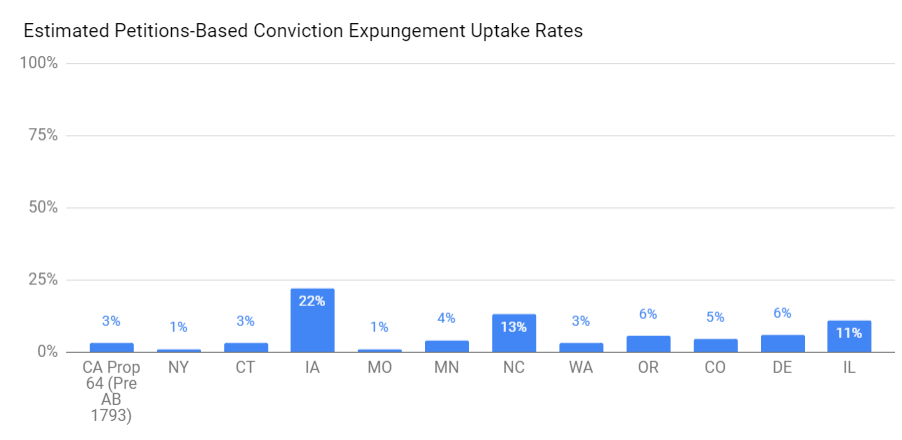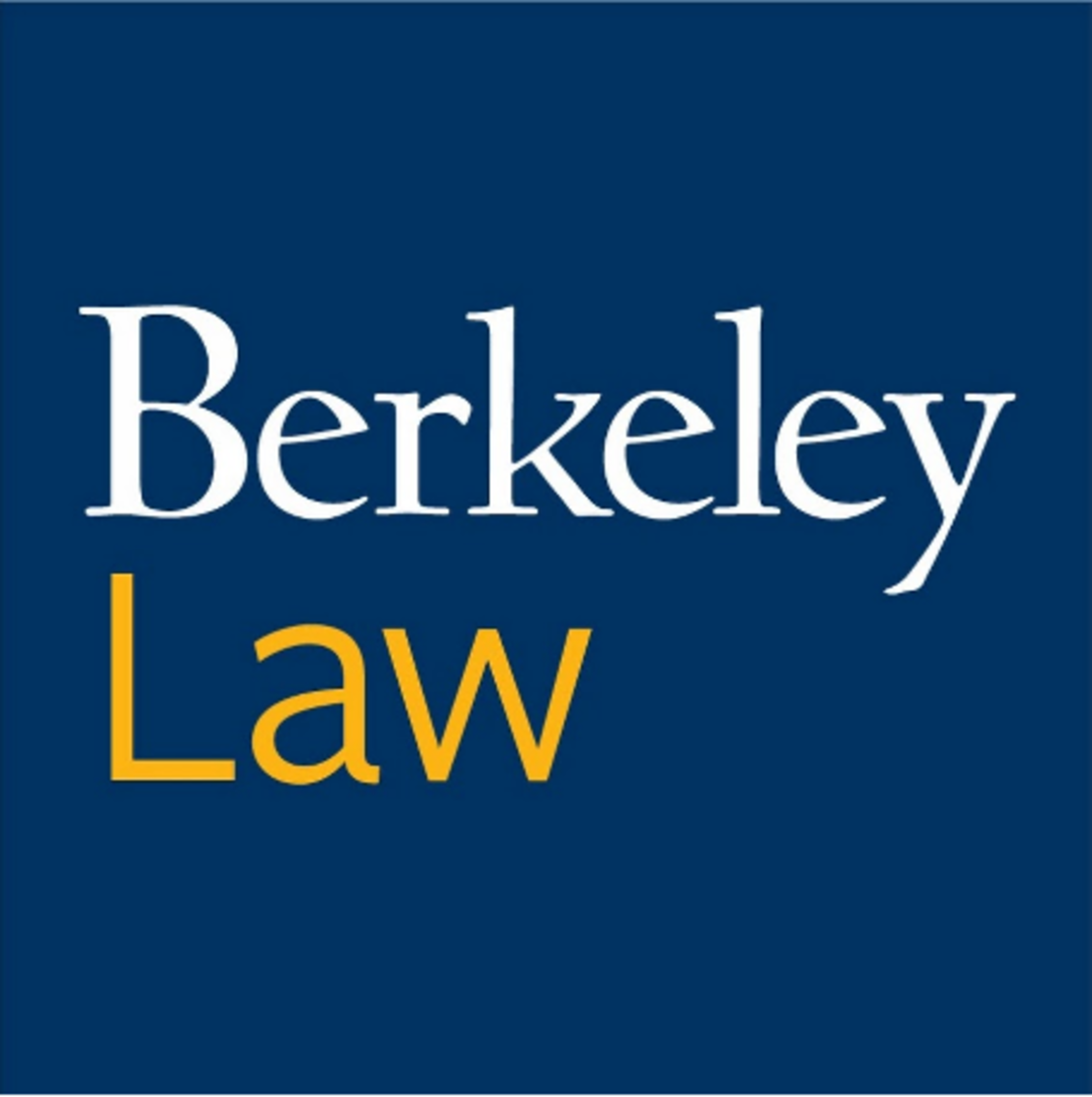The Paper Prisons Initiative conducts empirical research to draw attention to the tens of millions of Americans burdened by contact with the criminal justice system despite being eligible for relief from this contact. We document the “second chance gap” between eligibility for and delivery of relief from the criminal justice system in the realms of expungement, driver's license suspensions, and racial disparity claims.
This website provides reports and information on state “second chance expungement gaps” - the difference between eligibility and delivery of expungement - using the methodology described in America's Paper Prisons: The Second Chance Gap (Mich. Law. Rev. 2020).
Our RJA tool will disseminate information about racial disparities in the California criminal justice system to support Racial Justice Act claims using the approach described in Proving Actionable Racial Disparity Under the California RJA (75 UC L. Journal, 2024) and The Paper Prisons Racial Justice Act Data Tool (29 Berkeley J. Crim. L. 29 (2024)). We have also previously hosted second chance and empathy hackathons that draw upon Bryan Stevenson’s “power of proximity.”. Contact us about collaboration: info@paperprisons.org.
In the realm of expungement, 80M - or one in three adults have a criminal record. By our estimate, a large share are unable to access employment, housing, or related opportunities due to their convictions, even though those convictions are eligible for clearance under the law. As partners of the Clean Slate Initiative, we support state campaigns to pass laws to achieve second chances through automation, not petitions, by measuring the uptake of relief and estimated number of people in the gap and their lost earnings. When the data permits (see, e.g. OR and CT reports), we document the racial disparities, often significant, in the share of people impacted by the second chance gap, but also, the opportunity to narrow such disparities through campaigns like Clean Slate. We also provide state-level summaries of the law for those seeking to understand the eligibility criteria for records clearance.




